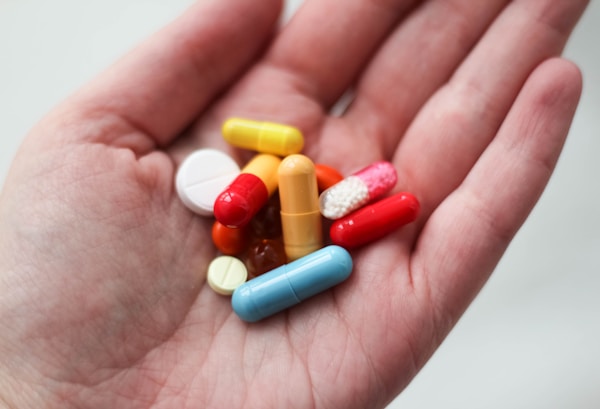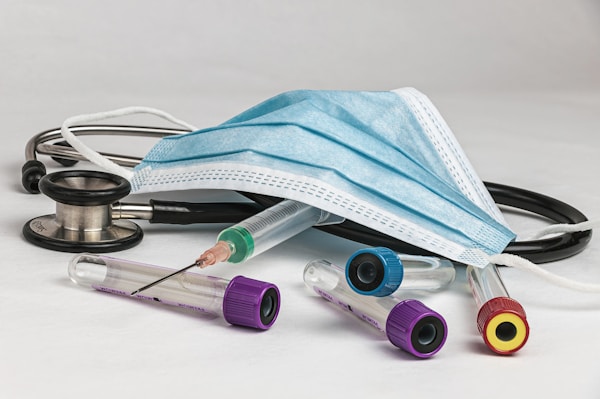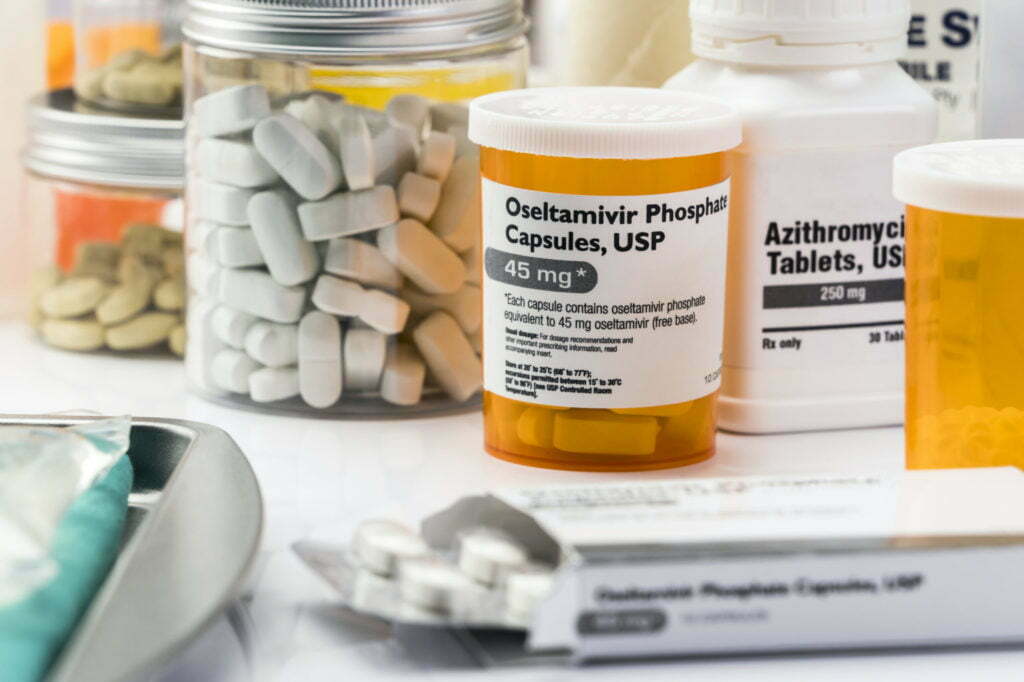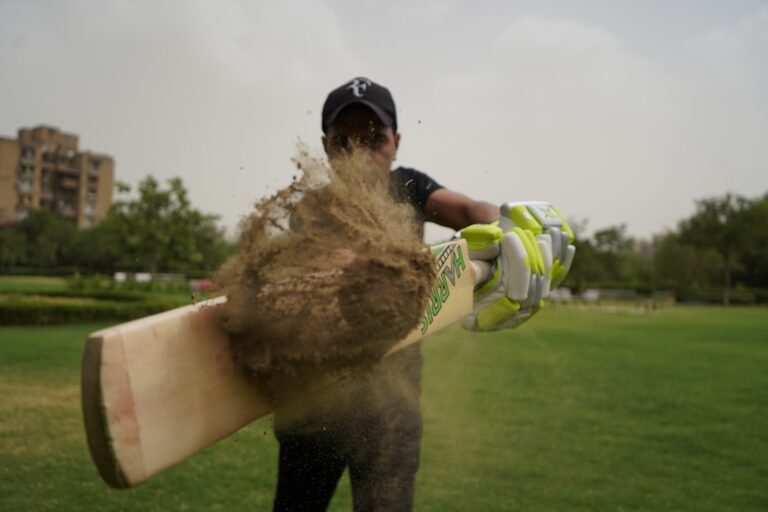It’s not uncommon to have extra prescription drugs, over-the-counter medications, and other medical supplies around the home. These items can be helpful in an emergency, but it’s important to keep them safe and out of the reach of children. However, these same medications can expire or no longer be needed. When someone tries to discard these excess medications, it’s important to take some precautions to ensure that they’re disposed of safely. Improper disposal can lead to environmental contamination and accidental poisoning.
The Importance of Proper Disposal

The improper disposal of prescription drugs can lead to all sorts of problems. Drugs can enter the water supply and pose a threat to aquatic life and to humans. They can also lead to people abusing prescription drugs when they find them lying around the house or in opportune spaces.
Drugs that are improperly disposed of can also wind up in the hands of children. They may not understand the dangers of taking medication that was not prescribed to them. They could also overdose on drugs that were meant for adults.Improper disposal is a serious issue that needs to be addressed. It can have dangerous consequences for both people and the environment.
Fortunately, there are several ways to properly dispose of unused prescription or OTC medications. This is a key element of safe medication practices.
Take-Back Events
One way to dispose of unused prescription medications is to bring them to a local “take back” event. Many pharmacies and police departments host these events, during which people can safely and anonymously relinquish their unused medications. Take-back events provide a safe and easy way to dispose of unused medications, and they help keep these drugs out of the hands of abusers and criminals.
Combine With Unpalatable Substances
Another way to dispose of unused prescription medications is to mix them with coffee grounds or kitty litter and put them in the trash. This will help to disguise the medication and deter people from snooping through your trash. Even if someone comes across these drugs, they’ll be less tempted to take them when they’re mixed with unpalatable substances.
Other Medical Supplies

When it comes to properly disposing of medical supplies besides medication, there are a few key things to remember. First and foremost, make sure to consult the manufacturer’s or distributor’s instructions. Generally, medical supplies can be disposed of in the trash or recycling, depending on the type of supply. However, some medical supplies, such as sharps or biohazardous materials, need to be disposed of in a special container to avoid injuries.
Sharps Containers
Sharps containers are puncture-resistant containers designed for the safe disposal of medical sharps, such as needles, lancets, and syringes. sharps containers come in a variety of sizes, and can be purchased at most pharmacies or medical supply stores. When disposing of sharps, make sure to place them in the appropriate container and close the lid securely. Then, place the container in the trash can and dispose of it according to your local trash disposal guidelines.
Biohazard Containers
When disposing of medical supplies that come in contact with blood or other body fluids, always use a biohazard disposal container. This is because these supplies can potentially contain harmful bacteria and viruses that could spread infection. A biohazard disposal container is specifically designed to safely and securely store these types of supplies until they can be properly disposed of.
Like with unused medications, never attempt to flush medical supplies down the toilet. Flushing medical supplies down the toilet can lead to environmental pollution, as well as potential health risks. For example, flushing syringes can lead to the spread of blood-borne diseases like HIV and hepatitis. And, when medical supplies end up in our water supply, it can be difficult and expensive to clean them up.
No matter how you choose to dispose of your unused prescriptions or other medical supplies, be sure to do so safely and responsibly.




